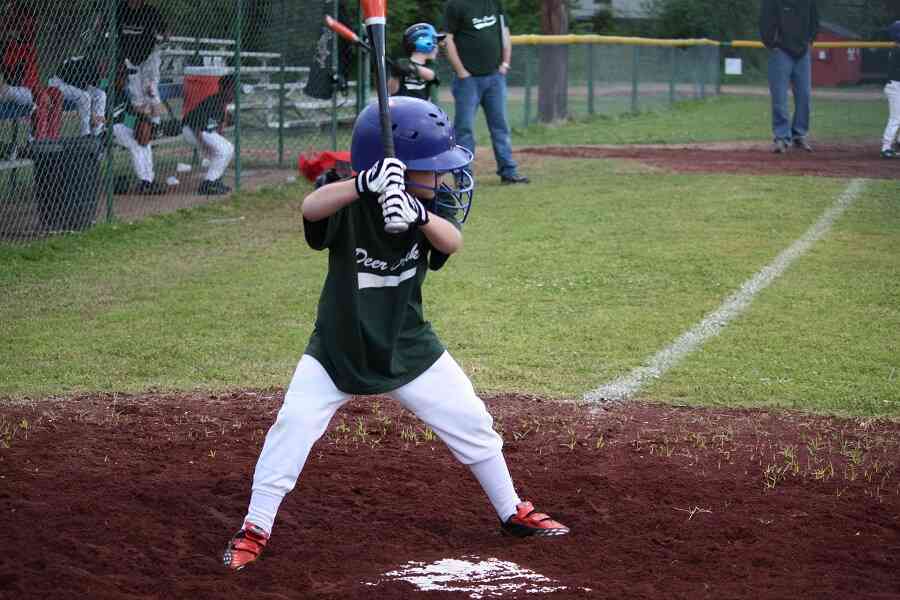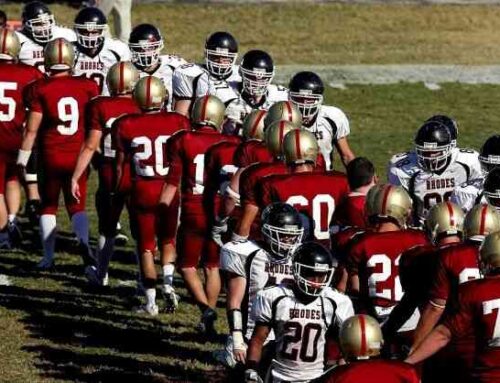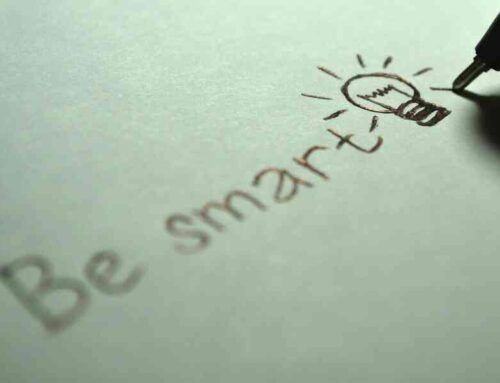Students who participate in sports dedicate a substantial portion of their time to practice and competition. At first glance, it may seem as if sports distracts or even hurts academic performance. However, studies show that the opposite is true.
Physical Exercise Increases Brain Function
The exercise a player exerts as an athlete increases brain functionality. This fosters an improved mood, greater clarity in studies, and higher academic performance. Further, committing to a team and multiple practices each week also offers students an outlet for releasing energy and tension. This, in turn, enables students to effectively focus on studies.
Enrolling kids in exercise programs helps them excel in the academic environment. Participation in athletics improves memory, including the ability to hold on to core mathematics concepts such as multiplication facts.
Positive Benefits of Being a Student Athlete
- Movement improves children’s concentration
- Sports teaches students to take responsibility and be accountable for fulfilling their commitments
- Team sports fosters social skills, cooperation, goal setting and resilience
- Exercise contributes to increased levels of neuronal growth factors that foster connections between brain cells
- Enhance creativity, boost planning skills, and improve both math and reading performance
- Improve grades
- Better performance on standardized tests
- Reduce class drop rates
- Increased likelihood for college students to return to school the following year
The Association Between School Based Physical Activity and Academic Performance
Centers for Disease Control and Prevention
Academic Success and 1 Year of Intramural Sports Participation by Freshman Students
Journal of College Student Retention: Research, Theory & Practice
Smart Jocks: Sports Helps Kids Classroom Performance
Scientific American
Playing Sports Benefits Body and Brain
Studies show that kids benefit in many ways by playing team sports. Participants learn commitment, how to work together, and to make physical exercise a part of their daily life. Athletes learn through failure and develop resilience, a critical component of both happiness and success.
Watch this brief video that summarizes what science says about the physical and mental benefits of playing sports.
Source: ed.ted.com







Leave A Comment